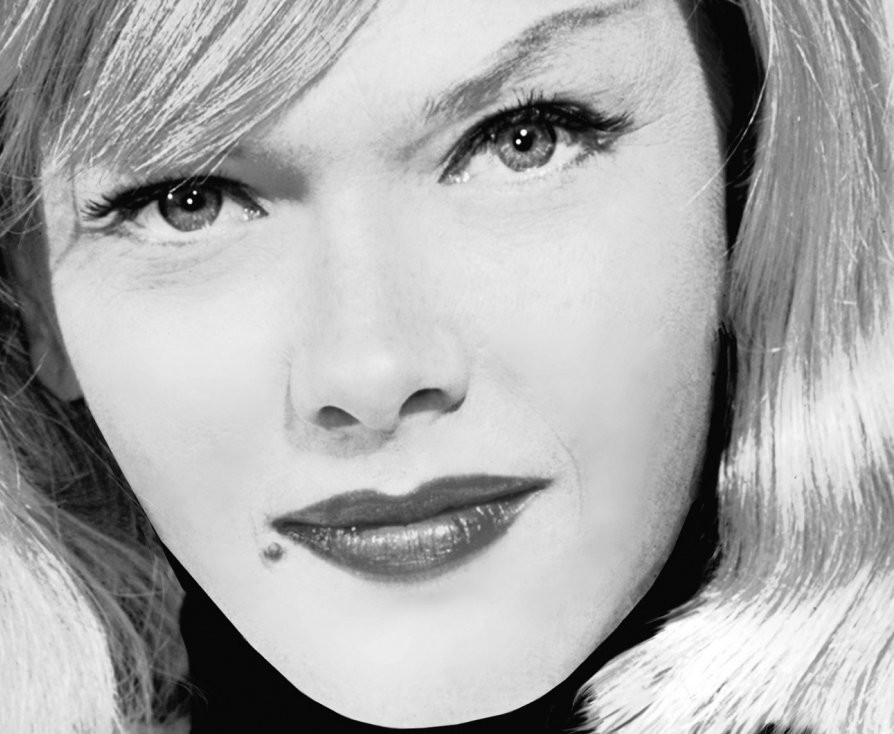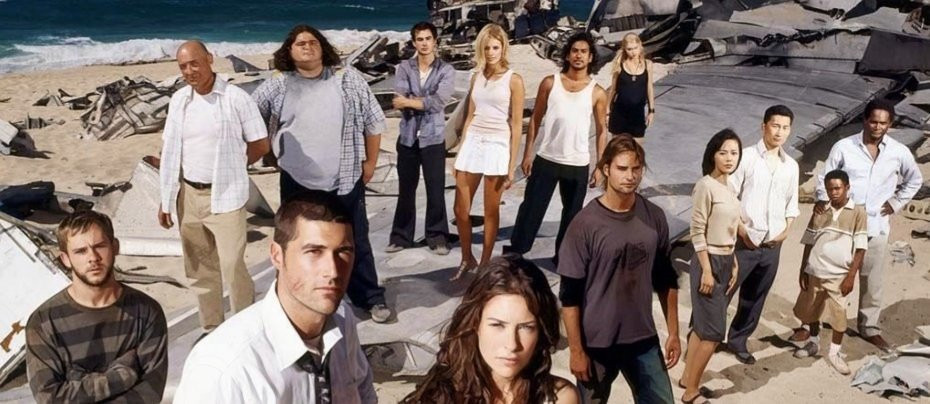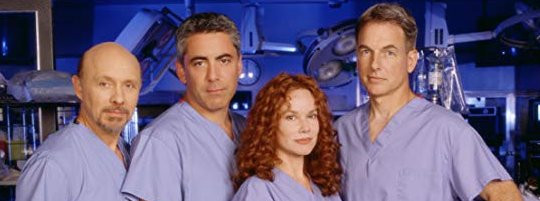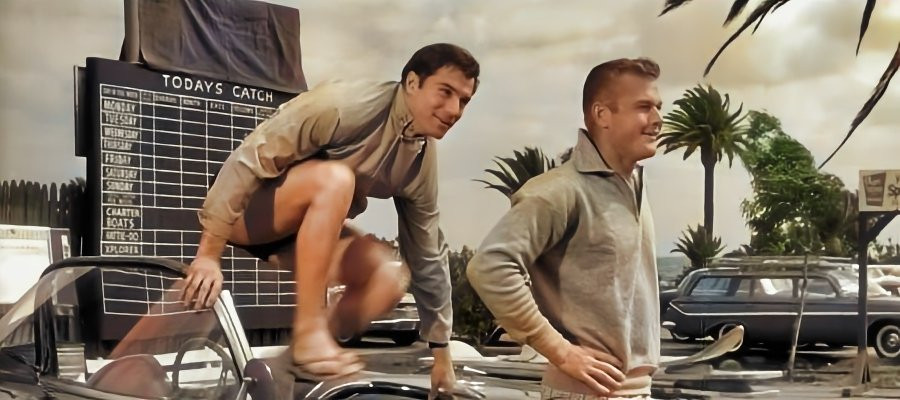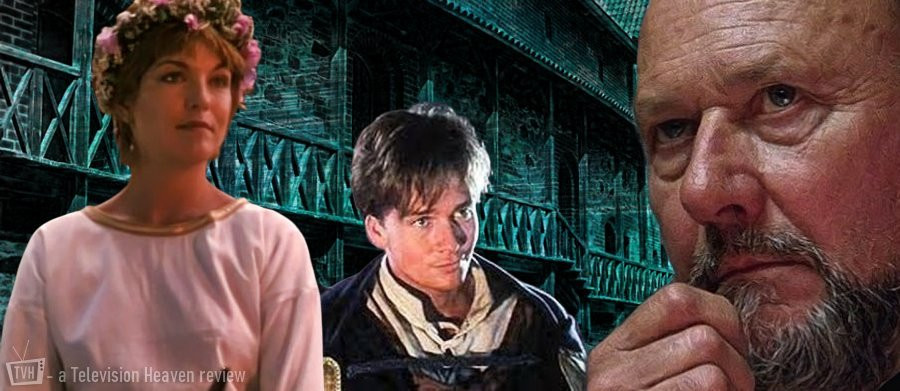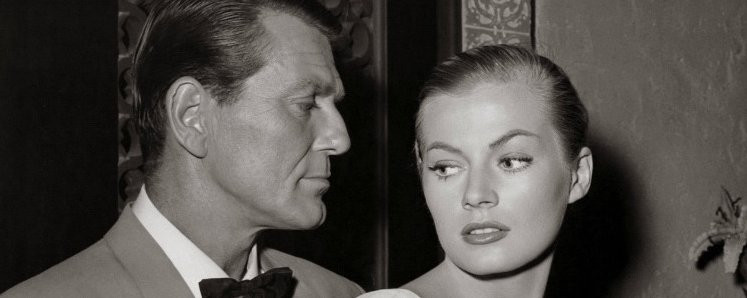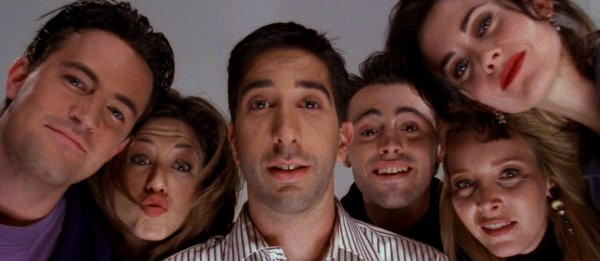
Party of Five
1994 - United StatesThe idea of selling a show based around a family whose parents have been killed isn’t one that immediately sounds like a hit
Party of Five reviewed by Brian Slade
American teen dramas always seem to come with a lot of fanfare and remain on trend before sinking into oblivion after their moment in the sun. Whether it’s because they are nearly always focussed on High Schools, or whether their cast or audiences inevitably grow out of that phase of life, shows like The OC, Dawson’s Creek and Beverly Hills 90210 are all the rage for a few years and then go out of fashion. One gentle show that managed to survive six seasons, earn a loyal following and make stars out of many of its cast was Party of Five, a 1994 release that limped along for a few seasons before making its mark as a hugely successful family drama.
The Salinger family has done rather well for itself. The success of the family business, a high-quality restaurant in San Francisco, has meant they have a large home and the five Salinger kids have a life of comparative privilege. The Salinger siblings however have had their world torn apart when we first meet them as their parents have been killed in a road accident by a drunk driver.

The show opens roughly six months after the Salinger parents have been killed. At this point, the siblings have yet to find the team ethic they need to have their lives back to functioning as well as can be expected. Forced into the role of family head, in seniority but not in practice, is Charlie. At 24, Charlie (Matthew Fox) is the only adult of the quintet, and so responsibilities and legalities are in his name. The trouble is, he’s not been reliable in his life, nor relied upon. He has questionable friends, stumbles from one manual labouring job to another and spends minimal time at the family home.
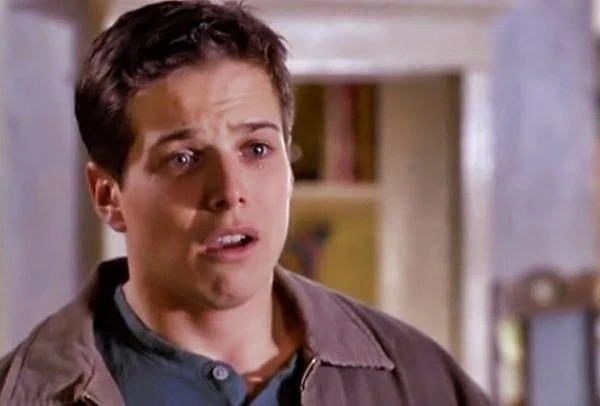
The more stable figure and the emotional heartbeat of the show is Bailey (Scott Wolf). Wise beyond his years, instead of focussing on relationships, studies and football as most kids of his age would be, he is trying to balance the needs of his siblings with finding a nanny for the youngest of the family, baby Owen. The two girls of the group are Julia and Claudia. Julia (Neve Campbell) is in the middle of her teens and at a time when she most needs a stable parental influence for guidance, she has none. Her younger sister is Claudia (Lacey Chabert) who at 11 years old is already heading for greatness with the talent she inherited from her mother, that of being an orchestral standard violinist.

When we first meet the gang, Bailey is meeting roadblocks in his attempt to find a nanny for Owen. With Charlie the only sibling of working age, and not having a reliable income, they need help for their little brother both physically and fiscally. Family bulldog Thurber has an odour issue that is enough to dissuade some potential nannies, but the bigger issue is one of finance. As the phone service is cut-off and with a mortgage payment looming, Charlie drops the bombshell that he has unwisely ‘invested’ the equivalent of four months of their inheritance payout on a job with partners who very swiftly disappeared with the money. It’s a watershed moment for the unreliable Charlie and he goes cap in hand to restaurant manager and now owner of Salinger’s, lifelong family friend Joe, in an attempt to get a loan. Joe (Tom Mason) accedes to Charlie’s request on the condition that he work it off in the restaurant. Charlie reluctantly agrees as he pledges to move back in with the family and take his responsibilities more seriously.
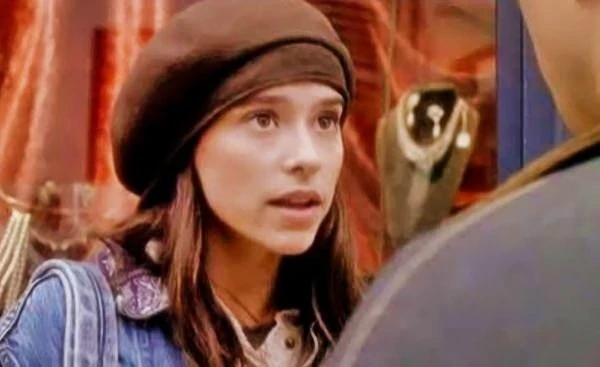
As the show progresses through its six seasons a number of recurring guest characters drift in and out. The most significant one is that of Kirsten (Paula Devicq). She is a youthful nanny for Owen who endures a rocky romantic road with Charlie before they eventually tie the knot. Bailey’s romantic life finds its compass with Sarah (Jennifer Love Hewitt) who tries to stand by his side as the weight of his responsibilities threaten to send him on a dark road. Julia’s romantic entanglement however is not such a steadying influence, coming as it does in the form of Griffin (Jeremy London), a rather unreliable but good-natured troubled teen who wanders in and out of Julia’s life.
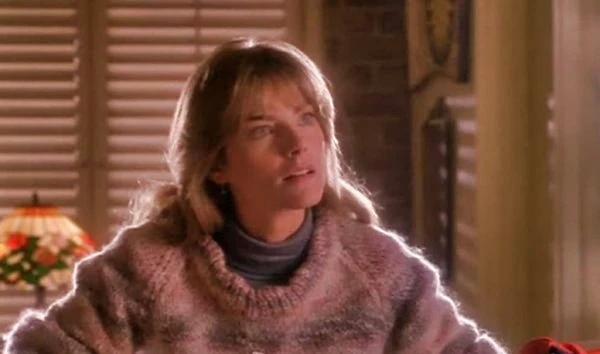
The idea of selling a show based around a family whose parents have been killed isn’t one that immediately sounds like a hit. The initial ratings were a disaster and cancellation seemed inevitable, but the programme was unusual in many ways. For one, while the viewing figures were atrocious, the critics took a real shine to Party of Five. They heralded its writing and stars and, in a way, the lack of good ratings acted in its favour as magazines and critics urged people to watch the show. Certainly, the writers had pitched the programme very intelligently, with six months after the parents’ death being the right time to set the show – not so soon that there were emotional wrecks in every scene, but still close enough to have the kids struggling to know how to deal with the normal anxieties of life without their parents to guide them.
The cast gelled perfectly and mirroring a chosen tradition of the Salinger family in the show, the stars also met once a week for a ‘family’ dinner to keep the chemistry in perfect working order. As the show found its audience it gained the attention of the Golden Globes as it gained the reception it deserved.
Over six seasons the writers dealt kindly and bravely with all manner of life’s challenges – drink, drugs, broken relationships, death and even the release of the drunk driver who killed the Salinger parents. It wasn’t as flashy as some of its dramatic contemporaries, but its stars went on to immense success and while not seen much in repeats or streaming services, Party of Five was a hugely likeable piece of drama that took a while to find its audience but was welcomed with open arms when it did.
Seen this show? How do you rate it?
Seen this show? How do you rate it?
Published on December 2nd, 2022. Written by Brian Slade for Television Heaven.


